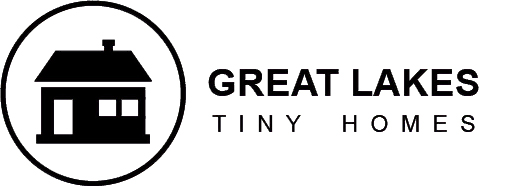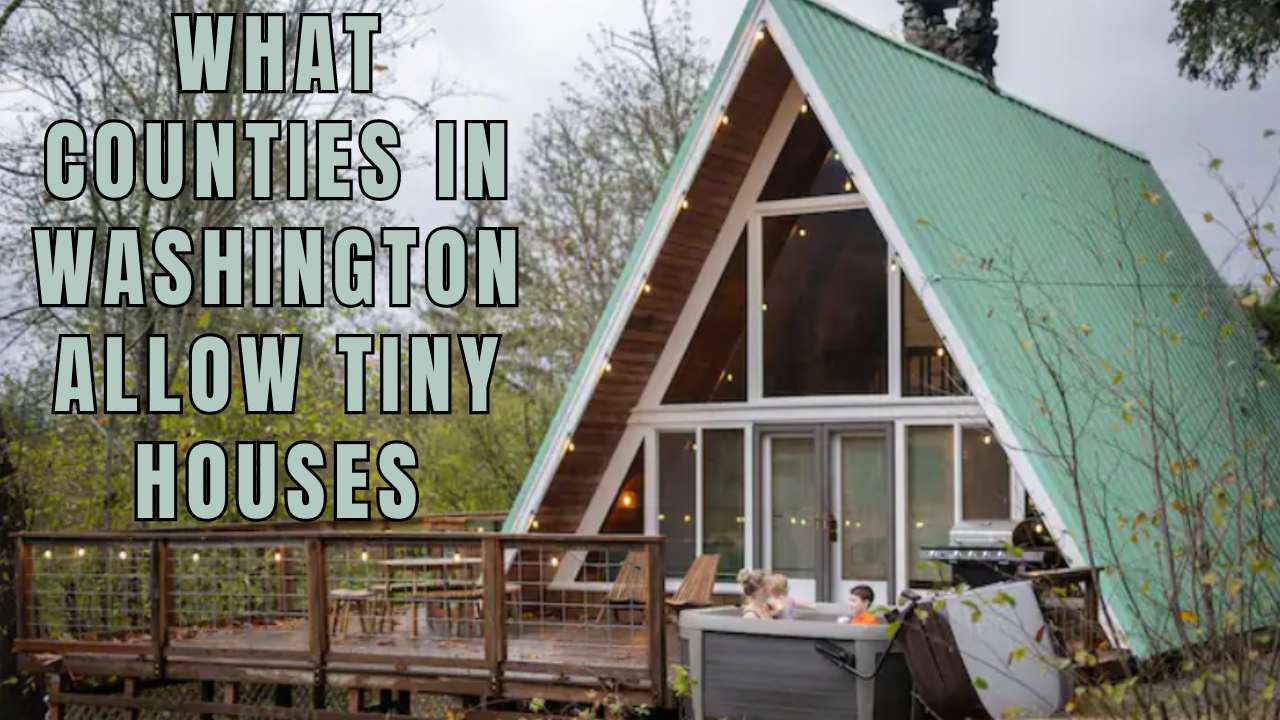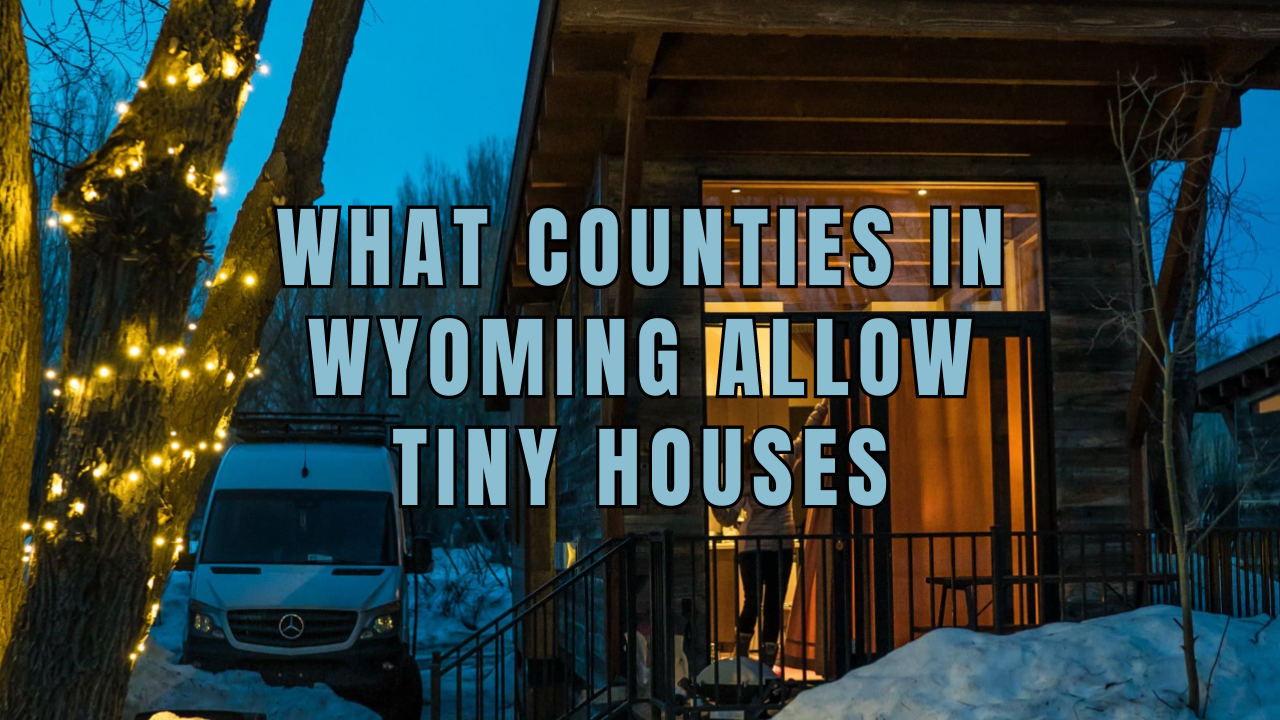Tiny homes are becoming more popular as an adaptable and frequently less expensive dwelling choice. The popularity of small houses in Washington State is shown in the development of tiny house-friendly communities and changing laws. The article examines the tiny homes near me for sale and the Washington counties that allow tiny homes and describes the laws and policies that control them.
Tiny House Prices in Washington
When you start constructing your tiny home, you will want to know about affordable solutions that meet your needs.
We provide solutions to fit any lifestyle and budget to assist you in moving forward with your living work. See the tiny houses for sale in WA.
What Counties in Washington Allow Tiny Houses?
Washington State has adopted Appendix Q Tiny Houses, with amendments, effective from July 1st, 2020. Senate Bill ESSB 5383, effective July 28th, 2019, supports movable tiny homes and prohibits cities or towns from preventing their use as primary residences in manufactured or mobile home communities. However, local jurisdictions set their building codes and zoning regulations.
King County
In King County, THOWs work similarly to recreational vehicles. Park models or recreational vehicles RVs serve as temporary homes; they are not for permanent residence. They have to pass all required exams to get a driver’s license.
They must pass every standard test to obtain a driver’s license. For short-term “camping” stays, RVs can be used for up to 60 days in a rolling period of 365 days. Large vehicles cannot be kept on undeveloped property and must be parked according to the regulations. A tiny house must be built on a stable foundation.
Seattle County
Seattle is open to tiny homes, but there are rules to follow. While small homes registered as Accessory Dwelling Units (ADUs) are permitted in the city, tiny houses on wheels (THOWs) are not.
Currently, there are ten small house villages in Seattle on land owned by the government, businesses, charities, and churches.
Klickitat County
Only THOWs in mobile home parks, have utilities connected, and fulfill all other conditions set out by the relevant RCW will be permitted to be permanently inhabited in Klickitat County. If not, your THOW cannot be turned into a permanent home—not even with the wheels removed.
Tiny House Regulations And Rules In Washington
Because of the pioneers in the micro-house movement, Washington is one of the most accommodating states for tiny homes in the United States. In 2019, a measure by the state assembly loosened regulations on mobile homes and promoted the creation of tiny house eco-villages. However, this measure leaves it up to the local cities to decide whether or not to permit small residences.
Permanent Structure Rules
A tiny home in Washington is a residence of 400 square feet or less that has basic utilities such as a kitchen, bathroom, and sleeping area.
- The Washington State Building Code needs to be followed for these buildings.
- When building a tiny home, the same zoning laws, septic system requirements, and need for drinkable water apply as when building a larger house.
- ‘Appendix Q’ contains the building criteria the state has set for all homes, including tiny ones.
- Nonetheless, local governments can create zoning and construction laws, which differ throughout jurisdictions.
- It is essential to check the tiny house’s construction code and special permission needs with the local building authority.
Temporary Structure Rules
Park Model Recreational Vehicles (PMRVs) or Recreational Park Trailers (RPTs) apply as temporary buildings, such as those used for recreational purposes and not larger than 400 square feet. Short-term recreational properties such as lake cabins must comply with specific regulations, including a limit of 180 days for parking in the same location.
Canvas yurts are temporary dwellings designed for seasonal camping. They come with size restrictions and are not allowed to have plumbing or heating systems. However, they fail to meet the energy rules for heat retention and fire, life, and safety standards, making them unsuitable for permanent habitation.
Transitional Structure Rules
A 2019 law promotes the growth of tiny house eco-villages and relaxes limits on transitional constructions, such as mobile homes. These buildings can serve as temporary shelters for brief periods in authorized locations or as the principal housing in some manufactured/mobile home communities. Cities occasionally prohibit them, though, and the buildings fit some transit requirements.
In Washington, Where Can I Build A Tiny House?
Choosing a location for the tiny home is essential. Select a qualified tiny house constructor to assist you with the process, take care of the documentation, and ensure your house satisfies all construction codes.
Although building a tiny house requires a lot of work, it doesn’t have to be challenging if you have a tiny house plan. Tiny dwellings tend to be in the following locations:
- RV parks
- National Parks and campgrounds
- Tiny home communities
- Private properties
Tiny Home Communities in Washington
Tiny house communities in Washington are becoming increasingly popular, offering a simpler, more sustainable way of living. These communities often feature compact, eco-friendly homes that promote minimalism and a strong sense of community. Residents are drawn to the idea of reducing their environmental footprint and living more intentionally. Washington’s progressive stance on tiny homes has made it an attractive destination for those seeking a smaller, more connected lifestyle.
Quixote Community
The goal of Quixote Communities is to give veterans in Orting, Olympia, and Shelton access to secure, long-term housing. Eco-friendly and featuring 144 square foot tiny dwellings concentrated around a communal green space, this faith-based tiny home community also features a sizable community center where members can get together, enjoy monthly dinners, and enroll in yoga and life skills workshops.
Lost Lake Resort
Although the Nisqually Valley location of Lost Lake Resort gives the impression that you are in a secluded woodland on a lakeshore, far from society you are just 50 miles from Seattle.
It’s the ideal tiny house getaway for living by a lake. Along with hiking and bicycling, locals enjoy swimming, boating, fishing, canoeing, and other outdoor sports. Playgrounds, a fitness center, mini-golf, an indoor and outdoor pool, a hot tub, and more are available amenities.
You have to purchase a lot and transport your tiny home on wheels (THOW) or park model to live there.
Tiny House Builders Near Me
You can choose from a wide range of tiny home types sent worldwide by Great Lakes Tiny Homes, saving you the trouble of looking for local suppliers.
Great Lakes Tiny Homes received RVIA approval as a constructor, ensuring adherence to high standards of manufacturing, safety, building, and legal requirements for tiny homes.
Do I Need a Certified Builder?
Without a doubt, yes!
When you work with a certified builder like Great Lakes Tiny Homes, you can be confident that your tiny home will be built in compliance with all applicable regulations and standards.
It also ensures that the strongest, safest, and longest-lasting materials are in your home.
The advantage of working with a competent builder is that financing and insurance options are more easily accessible. A tiny house that complies with RVIA regulations offers a secure living space.
FAQs
Can You Make a Tiny House in Washington Your Main Residence?
A tiny home can be permanently in Washington.
On the other hand, abide by all applicable municipal laws and ordinances. The first step is to determine if your tiny house meets all relevant regulations, including inspection requirements, by contacting local zoning and government agencies.
You learn the benefits of leading a simpler, greener lifestyle if you do your research and collaborate with Washington-licensed builders.
Does My Tiny Home Need to Pay Property Taxes in Washington?
Since property taxes only apply to traditional dwellings, your tiny house is exempt from them. The tiny house can be subject to the personal property taxes imposed on mobile homes, though, as most states classify it as an RV if it has wheels.
It’s critical to comprehend that state laws about motor vehicles differ. The property tax on motor vehicles applies to you, based on the state in which you reside.
In Washington, How Tiny Does a Home Get?
In Washington, a tiny house can have 400 square feet or less. It is possible to build a mobile structure that comprises a kitchen, a bathroom, and a sleeping/living area. Moreover, the Washington State Building Code applies to all tiny dwellings.
Conclusion
Some counties and localities in Washington State embrace the tiny house movement, providing a welcoming atmosphere for these homes. Prospective tiny homeowners should consult with local building departments for information on permit requirements and limits since regulations differ by local jurisdiction.
While tiny houses with wheels are subject to stricter requirements, those on foundations are often approved. The state is known for being a petite house-friendly state in part because of its building code, which offers guidelines for the construction and usage of tiny dwellings.





